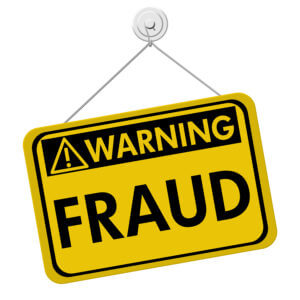Does Your Parent Know New Medicare Cards Are Coming?
Medicare has announced that all Medicare recipients will receive new cards soon.
The cards are meant to reduce the risk of identity theft and Medicare fraud. Yet, according to a recent AARP survey, many older adults aren’t even aware that a new card is on its way. Not knowing about the new cards could make seniors vulnerable to scams. Family caregivers can help older adults to avoid such scams by making sure they know about the new cards and what to expect.

Homecare-Robertsdale-AL-New Medicare Cards
AARP Survey Details
The AARP survey was conducted by telephone and reached 800 people aged 65 and older. Of those people, over 75 percent didn’t know they would be receiving a new card or didn’t know much about the initiative. 60 percent of respondents thought they might have to pay to receive the card. (They don’t!) Over half said they probably wouldn’t be suspicious if someone called saying they were from Medicare and needed to verify their Social Security Number to send the new card.
About the New Medicare Cards
When your aging relative gets their new Medicare card depends on where they live. Beginning in April 2018, first-time Medicare enrollees will receive the updated cards. Existing Medicare recipients will get them starting in May 2018. The first states to receive them will be Delaware, District of Columbia, Maryland, Pennsylvania, Virginia, and West Virginia. By April 2019, everyone on Medicare will have the new cards.
The primary change being made to the cards is the identification number. Currently, Medicare uses the senior’s Social Security Number (SSN) as their ID. The new cards will replace the SSN with a Medicare Beneficiary Identifier (MBI).
The Centers for Medicare & Medicaid Services says the purpose of the change is to protect:
- Private healthcare information.
- Financial information.
- Medicare payments and benefits.
Scams to Watch For:
Unfortunately, scammers have already begun trying to use the new Medicare cards to commit fraud. Some scams to watch for are:
Callers asking for a processing fee. There is no cost associated with the new cards.
Callers saying the senior has a refund coming for services under the old card. They ask for banking information, so they can send the money. Medicare will never ask for bank account information and there are no refunds as part of this initiative.
Callers saying they need to verify the older adult’s SSN. Medicare has that information and will never call asking older adults to give out personal or private information.
Caregivers should talk to their aging family members about these changes and the possibility of receiving fraudulent calls. Caregivers should remind the person never to give out private information to callers, including their SSN, bank account number, or passwords.
If you or someone you know needs Homecare in Robertsdale, AL, please contact the friendly caregivers at Hughes Home Care. We provide quality and affordable care for your elderly loved ones in our community. Call Us Today 251-517-9901. Serving Mobile & Baldwin County.
Sources
- Risk Factors that Increase the Likelihood of Heart Failure - April 11, 2025
- Is it Possible for Seniors to Eat 30 Plants a Week? - March 25, 2025
- Healthy Aging: Why Remaining Active Matters - March 7, 2025
